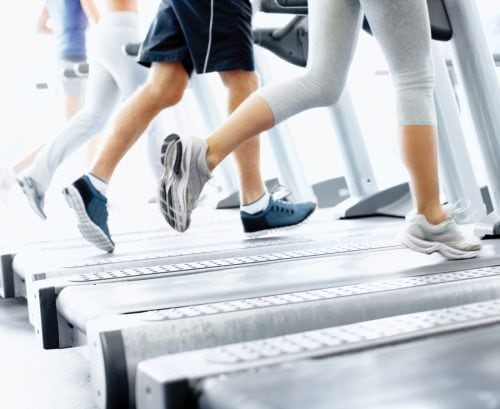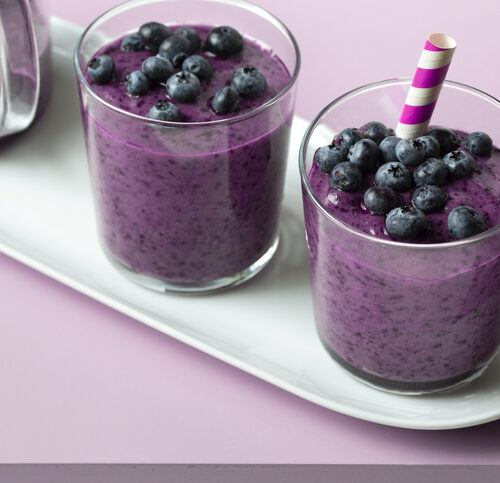
Q I have started to go to the gym every morning before work and do a full-on workout for an hour but I am finding that as the week progresses I’m getting really tired. By Friday I feel like I have no energy at the classes I go to. I don’t feel like I can eat before I go to the gym but I’m wondering if that’s the problem or maybe it’s something else to do with how I am eating in general? Any ideas?
A When it comes to optimising your nutrition for exercise there are two things to consider: the type of food you eat, and the timing.
Eating before your morning workout isn’t necessary when you’re training for an hour, as your body has a store of carbohydrate called glycogen. This sits in your muscles and liver and can provide enough fuel for around 60-90 minutes of exercise.
If you are exercising every morning, with no days off, it is important to get your recovery nutrition right after each workout.
This will support the refuelling of your glycogen stores, so they are topped up and ready for the next day’s workout. However, if you wait too long to eat after your workout, your recovery may be slower. This is part of the reason you might progressively be feeling more tired and ‘hitting the wall’ in your workouts as the week goes on.
Soon after your morning workout, your body needs both carbohydrate and protein to optimise refuelling and muscle repair as well as fluid to help you rehydrate. If you’ve done resistance (weight) training as part of your workout, aim to include 20g-30g protein along with some carbohydrate to optimise the results of your efforts.
Try these simple post-workout meals:
- A smoothie made with banana, berries, milk and yoghurt
- A large banana cut in half and spread with peanut butter, along with a glass of milk
- Eggs on toast
- A bowl of unsweetened yoghurt with chopped fruit and a couple of tablespoons of muesli.
Article sources and references
- Academy of Nutrition and Dietetics, Dietitians of Canada, and the American College of Sports Medicine. 2016. Position: Nutrition and athletic performance. Journal of the Academy of Nutrition and Dietetics 116:501-28https://www.ncbi.nlm.nih.gov/pubmed/26920240
- Burke ML et al. 2011. Carbohydrates for training and nutrition. Journal of Sports Sciences 29:S17-S27https://www.researchgate.net/publication/51208260_Carbohydrates_for_training_and_competition
- Gonzalez JT et al. 2016. Liver glycogen metabolism during and after prolonged endurance-type exercise. American Journal of Physiology, Endocrinology and Metabolism 311:E543–53, 2016https://www.ncbi.nlm.nih.gov/pubmed/27436612
- Jentjens R et al. 2003. Determinants of postexercise glycogen synthesis during short-term recovery. Sports Medicine 33:117-44https://www.ncbi.nlm.nih.gov/pubmed/12617691
- Sports Dietitians Australia. Eating & Drinking Before Exercise, sportsdietitians.com.au Accessed June 2019https://www.sportsdietitians.com.au/factsheets/fuelling-recovery/eating-drinking-sport/
- Sports Dietitians Australia. Recovery Nutrition, sportsdietitians.com.au Accessed June 2019https://www.sportsdietitians.com.au/factsheets/fuelling-recovery/recovery-nutrition/
www.healthyfood.com











